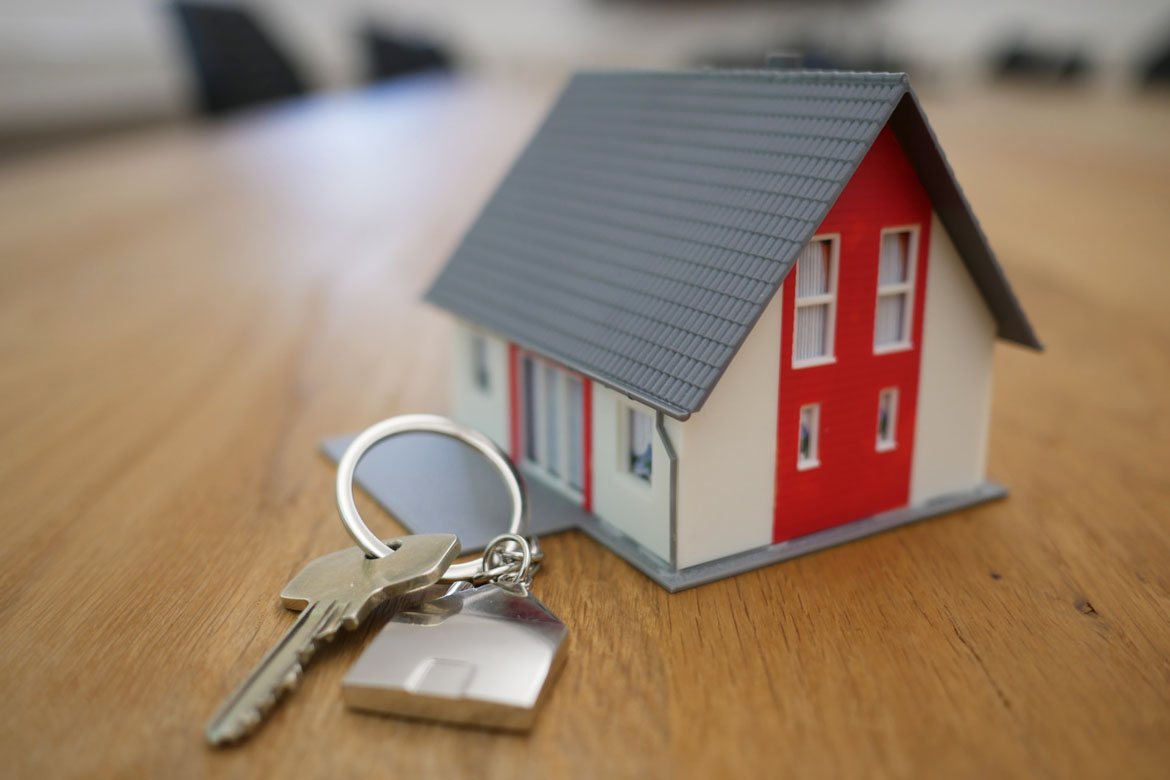How to Pay Off Your Mortgage Early
The purchase of a home can be immensely satisfying; however, its associated mortgage can often feel like an irreconcilable financial strain. In order to enjoy freedom and tranquility, homeowners should consider paying off their debt as soon as possible.
But this can be difficult to achieve if you don’t have enough finances. Statistics reveal that, on average, it takes 25-30 years to repay a mortgage loan, underscoring the long-term commitment and financial implications. Despite this, there are strategic approaches and practical steps that can be taken to accelerate the process of repaying your mortgage.
We will present five strategies to help you pay off your mortgage early and become financially independent while saving thousands in interest payments.
Create a Budget
Budgets form the cornerstone of successful financial plans. To quickly pay off your mortgage, begin by reviewing both income and expenses each month and looking for areas in which spending could be curtailed or eliminated. Allocating more of your budget towards mortgage payments allows extra contributions toward the principal amount, creating an organized approach toward debt reduction.
Explore Reverse Mortgages
If you’re 62 years or above and have a low mortgage balance, a reverse mortgage loan can be a great way to pay it off early. Reverse mortgages offer tax-free funds from home equity without monthly payments to use as a source of income; an especially suitable strategy for retirees on fixed incomes. This means that you can use the money from the reverse mortgage to pay off your existing mortgage balance.
Though reverse mortgages offer advantages over conventional loans, they must be carefully evaluated before proceeding, including their effects on inheritances and eligibility criteria. To help you navigate this complex financial tool, look for a reverse mortgage specialist who can explain the intricacies of this type of loan and ensure you make informed decisions that match up with your specific situation.
Make Additional Payments Whenever Possible
Another effective strategy for hastening mortgage repayment is making additional payments whenever extra funds become available such as tax refunds, work bonuses, or unexpected financial gains like inheritance. Applying for additional payments directly towards the principal reduces overall balances and accrued interest over the life of your loan.
However, consistency is key. Even small extra payments can add up over time to have an enormous effect, so set an automatic transfer to ensure regular contributions. Over time, these extra contributions will significantly reduce your mortgage balance.
Refinance to a Shorter-Term Mortgage
Refinancing can be an invaluable way to reduce interest costs over the life of your mortgage loan, helping you pay it off faster. Switch to a shorter-term mortgage such as 15 years. While this might result in higher monthly payments, ultimately this could save significant interest over the life of the loan.
But before refinancing, carefully assess your financial circumstances by considering factors like current interest rates and closing costs, as well as their effect on your monthly budget. Make sure the new terms align with your goals while simultaneously offering continued financial security.

Utilize Windfalls and Extra Income Strategically
Windfalls such as inheritance or bonuses offer an exceptional chance to make substantial strides toward paying off your mortgage early. Instead of spending these funds elsewhere, consider applying them directly towards principal payments. In fact, applying for large lump-sum payments directly against the principal can have a profound impact on lowering both the principal balance and total interest paid.
If you have extra income from side jobs or freelance projects, set aside part of it towards faster mortgage payments. This allows you to maintain your lifestyle while making meaningful steps toward debt freedom.
Consider Mortgage Acceleration Programs
Mortgage acceleration programs aim to assist homeowners in paying off their loans more quickly. These programs typically involve making additional payments, often bi-weekly instead of monthly, allowing you to make an extra annual payment. This means half your payment is made every two weeks rather than bi-monthly payments that allow 26 half payments over 12 months. This makes up 13 full mortgage payments during each year's duration.
By adhering to such programs, you can potentially reduce the overall interest paid and shorten the loan term. Mortgage acceleration strategies are designed to optimize the use of your income and channel it toward the principal amount, helping you achieve financial freedom and home ownership at an accelerated pace. It's essential to carefully evaluate the terms and conditions of these programs to ensure they align with your financial goals and circumstances.
Bottom Line
Paying off your mortgage early can be achieved with careful planning and disciplined execution. By creating a budget, exploring reverse mortgages, considering refinancing options, using windfalls strategically, and considering mortgage acceleration programs, you can significantly decrease the time required to reach mortgage-free homeownership.
Not only will you gain financial benefits but you may also gain peace of mind as you allocate resources towards other important life goals as a result of being debt-free sooner. Choose a strategy that works best for you and see your path to a mortgage-free future become clearer and more achievable over time.








